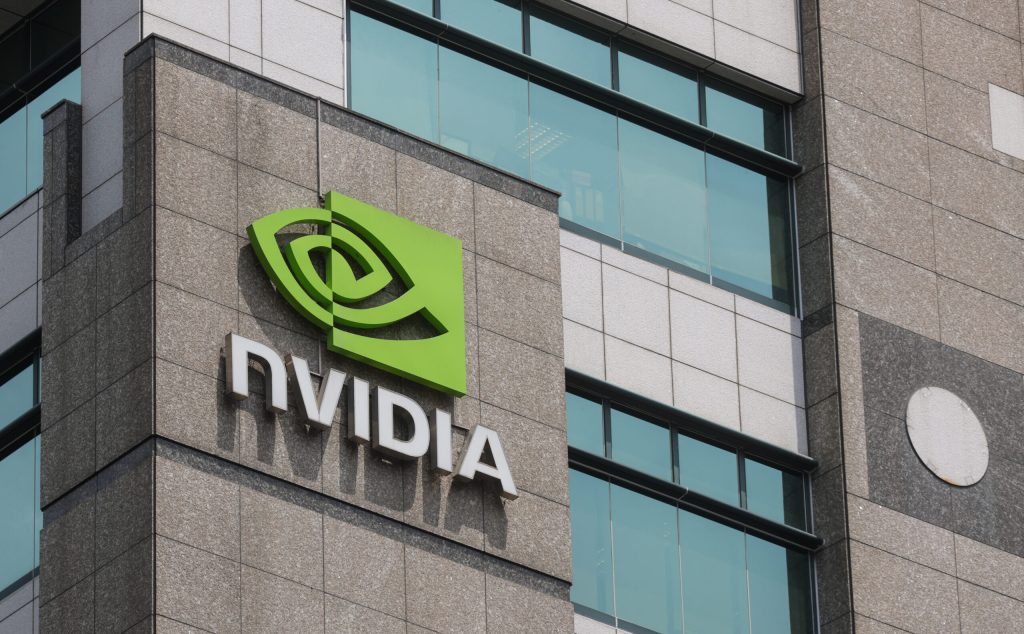If you use the popular encrypted messaging app Signal, you may have noticed an influx of friends downloading the app following the conclusion of the 2016 US presidential election.
Signal received some significant buzz on November 9th, as the world awoke to find out Donald Trump was president-elect. In the 48 hours after the final results were announced, my phone had buzzed with no less than two dozen notifications informing me that friends and acquaintances—many of whom I’d long lost contact with—had finally installed the end-to-end encryption app, which has been praised by security experts and famously endorsed by NSA whistleblower Edward Snowden.
Videos by VICE
“Signal’s growth has really accelerated over the past week, and it isn’t showing any sign of slowing down,” Moxie Marlinspike, the pseudonymous creator of Signal’s encryption protocol, told Motherboard in an encrypted chat.
On Twitter and the App Store, Signal began trending in the US as cybersecurity experts recommended people download the app as part of their preparation for the difficult days ahead. Open Whisper Systems, the non-profit behind the app’s open-source development, didn’t mention any specific plans to respond to the turn of events in the US. But its creators note that Signal—which was adopted by Hillary Clinton’s campaign staffers after a series of damaging data breaches—was specifically designed to protect people in these kinds of situations.
“People are really starting to take privacy truly seriously, perhaps for the first time since the Snowden revelations,” Signal designer Tyler Reinhard told me after Signal downloads spiked earlier this week.
For privacy advocates, it’s a silver lining to a highly contentious election year. Given that Trump has explicitly promised to jail his political opponents, prosecute journalists, and punish women for having abortions, there will likely be no shortage of people newly-emboldened to take steps to protect their communications and data.
The crypto wars will likely continue as well, and there’s no guarantee Signal will be shielded from the fray. A significant portion of Signal’s development is currently paid for by a grant from the Open Technology Fund, an initiative that also funds the Tor anonymity software and is backed by the US government entity the Broadcasting Board of Governors. On the surface, that seems like it could be bad for Open Whisper Systems, given that Trump has openly expressed hostility towards strong encryption—specifically, by railing against Apple when it refused to help the FBI build a backdoor into the iPhone.
“That’s not really something we’re wringing our hands over,” said Reinhard, the Open Whisper Systems designer, adding that having an open-source community of developers bringing usability to Signal is more precious than government funding.
As for how encryption technology might develop under a Trump administration, Reinhard is optimistic.
“People really underestimate or under-index how crazy things were during the Bush administration,” he says. “That was a really dystopian time, but if you look at it in retrospect, that’s also where so many new ideas in technology came from.”
Update: This article has been updated with comment from Tyler Reinhard.



